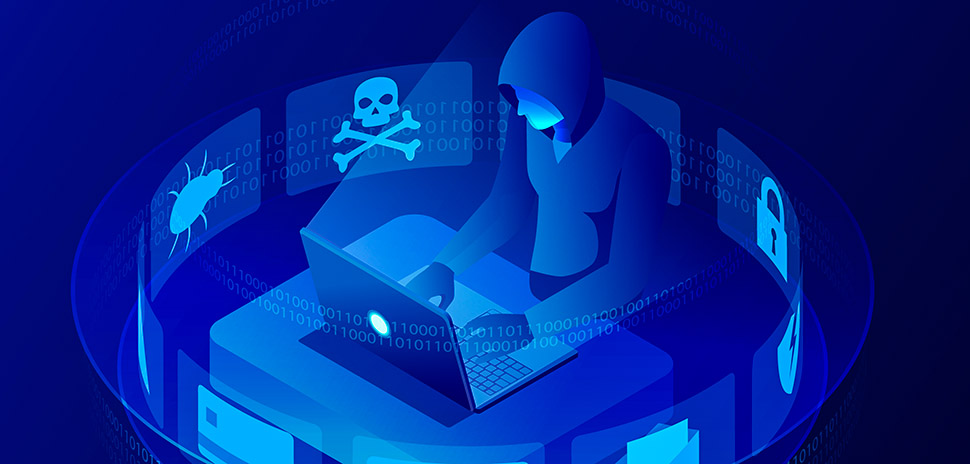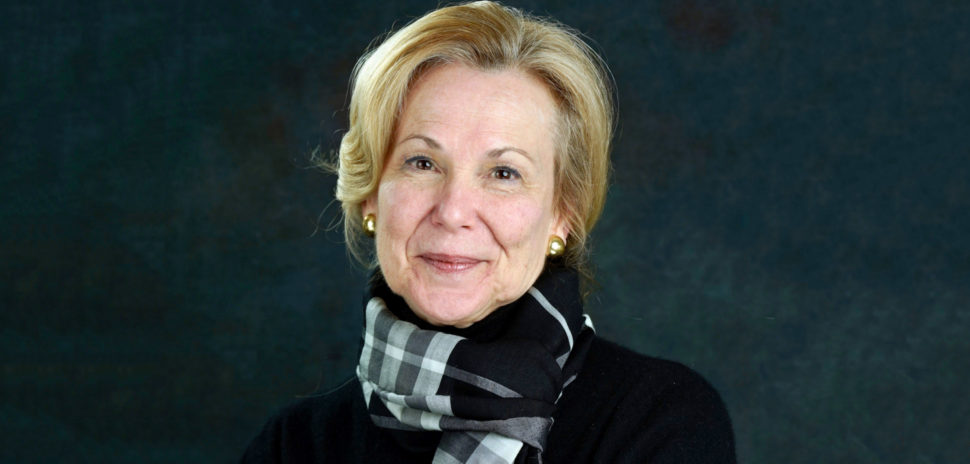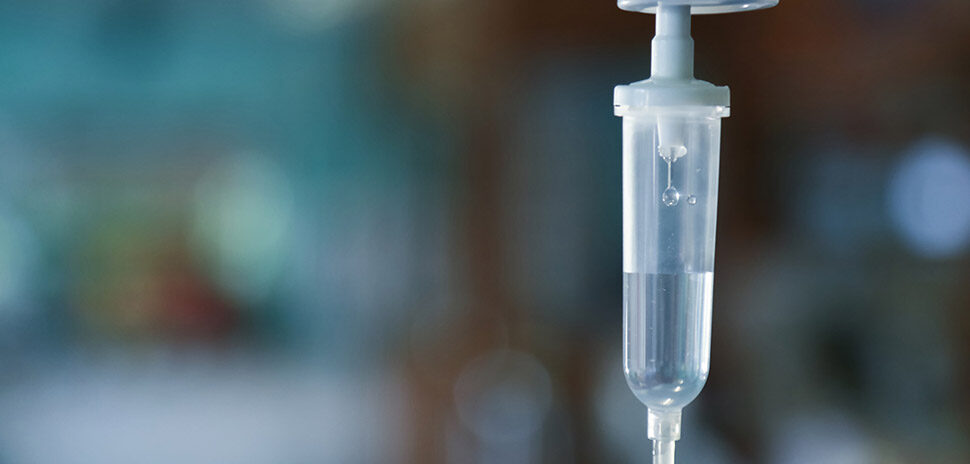With the onslaught of the pandemic, a spike in phishing scams and spam has also emerged—by 667 percent to be exact.
And this is no coincidence—around 2 percent of the attacks have been classified as directly related to COVID-19 in March. The online criminals are attacking remote workforces, corporate systems, and tech vendors, all of whom may be less able to respond due to the current situation.
The FBI even released a PSA about the attacks, noting to look out for fake emails from the Centers for Disease Control and Prevention.
Here are some tips from D Magazine Partners’ own IT guru Luan Aliji on how to spot phishing/spam attacks:
- Look at the email address, not just the sender. This is the most important as you will notice that it is usually a strange email with different characters and numbers.
- The message is sent from a public email domain such as google.com, yahoo.com, aol.com, and so on.
- The domain name is misspelled.
- The email is written poorly.
- It includes suspicious links or attachments. Please do not open them.
- The message creates a sense of urgency.
![]()
Get on the list.
Dallas Innovates, every day.
Sign up to keep your eye on what’s new and next in Dallas-Fort Worth, every day.






























